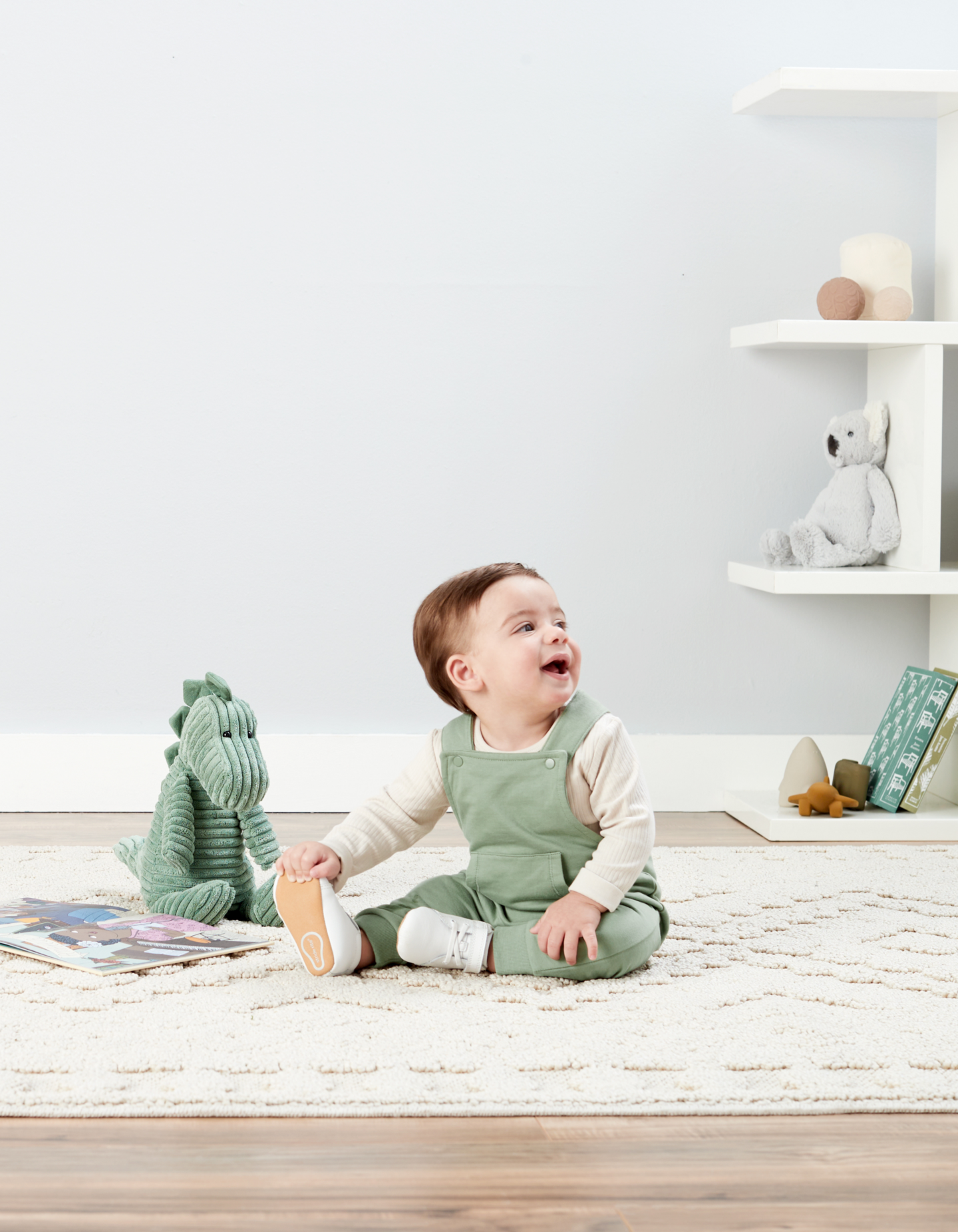In those early days of pregnancy, it seems expectant mothers have to learn a whole new language. Bugaboo, DockATot, Snoo & Jumperoo…at times the laundry list of recommendations for one tiny human can feel overwhelming. While parents-to-be happily stock up on the hottest baby items, book those post-birth newborn photo sessions and labor (no pun intended!) over the most perfect baby name, many ignore the less glamorous, though equally, important tasks ahead of them. It’s essential to take stock of the growing family’s financial fundamentals before baby even arrives on the scene.
Thrilling, we know. But having secure financials might be the most impactful thing new parents can do for their child. And it doesn’t have to be difficult. We break it down for you so you can check these tasks off the list and be armed and ready for Baby’s arrival.
1. Build a baby budget. Babies are expensive. Like, really expensive. Don’t let the drain on your finances take you by surprise. With your partner, make a simple budget to get a grip on how things will change after Baby’s birth. From the big things (childcare!) to the little (weekly cost of diapers), leave no stone unturned so you know just what to expect when you’re expecting. Most importantly? Make sure you and your partner are on the same financial page and have frequent check-ins to reevaluate your spending as Baby grows. “Navigating all the changes that come along with a baby can of course feel overwhelming,” says Nikki Boulukos, co-founder of Benjamin Talks, “it is important to control what you can and set a budget with your partner. Together, determine your financial priorities and consistently review. Don’t forget to include pre-baby expenses (check-ups, labs, delivery) as you plan for your little’s arrival.”
2. Take a Marie Kondo approach to baby gear. First time moms buy all the things. The third time around, Baby comes home to diapers, wipes and a handful of hand-me-downs with their older sibling’s monogram across the chest. Take a cue from the seasoned moms out there and repeat after us: less is more. Don’t be afraid to return any excess baby gifts from overeager grandparents or fawning friends, and build up credit at popular baby stores that you can redeem for essentials as Baby grows. The needs of these little humans change so quickly, so spending on expensive gear that is only useful for a few short months may not be a wise investment. While a car seat and stroller might be non-negotiable, borrow that over-priced vibrating bassinet from a mom friend – your baby may decide he only wants to sleep in your arms, anyway. Or, consider purchasing baby items second-hand. Given an infant only fits in that plush bouncy chair for a few short months, there is no doubt it’s ready for a second chance at half the price. And don’t fret you minimalist moms, with Amazon and the like delivering essentials overnight, any last-minute necessities are usually just a click away.
3. Healthcare, Insurance and Wills, oh my! Well this sounds like a barrel of laughs. While these tasks rank right up there with a requisite DMV trip, you’ll feel good once you’ve taken them off your to-do. First, fill out the necessary paperwork in advance so you can add Baby to your health insurance within 30 days of his/her birth. Next, if you haven’t already, now is the time to buy life insurance. For young, healthy people it’s a minimal investment for maximum peace of mind. Finally, make (or update!) your will. We know, this feels scary…but it’s essential that you appoint a guardian for your baby-to-be. As Carissa Jordan, Co-Founder of Benjamin Talks advises, “Hedging downside risk is equally important as investing in the future. Think of life insurance as a safety net for the worst case scenario.”
4. Plan for the future. In 18 years, college will cost nearly half a million dollars per child. Yes, you read that number right. The solution to this staggering sum is to start small and start early. By opening up a 529 plan, parents can slowly chip away at that colossal number. These tax-advantaged savings accounts help parents fund both K-12 and college educations and are available in all 50 states. “Whether parents can invest $10 or $10,000, the benefits of compounding and tax-free growth are profound. There is simply no better way to invest in your kids than by planning for their education,” Jordan says.
5. Invest wisely in your babe. Savings accounts are so last year. It’s time to bring Baby into 2021 by setting up a digital investment account in his/her name. Innovative apps like Early Bird make it easy for parents, grandparents, godparents, etc, to directly contribute to your little’s growing nest egg. The sooner you turn those cash gifts into investable dollars, the better. Let compound interest work its magic and by the time your babe reaches 18, she might have a sizable amount to her name. “While there is no doubt the best things in life are free,” says Boulukos, “building a financial foundation for young children helps them know their worth, no matter what path they choose to take in life.”
Want more bang for your buck? Benjamin Talks offers free content to help parents and kids alike become fluent in finance. Visit https://www.benjamintalks.com/home to learn more.




